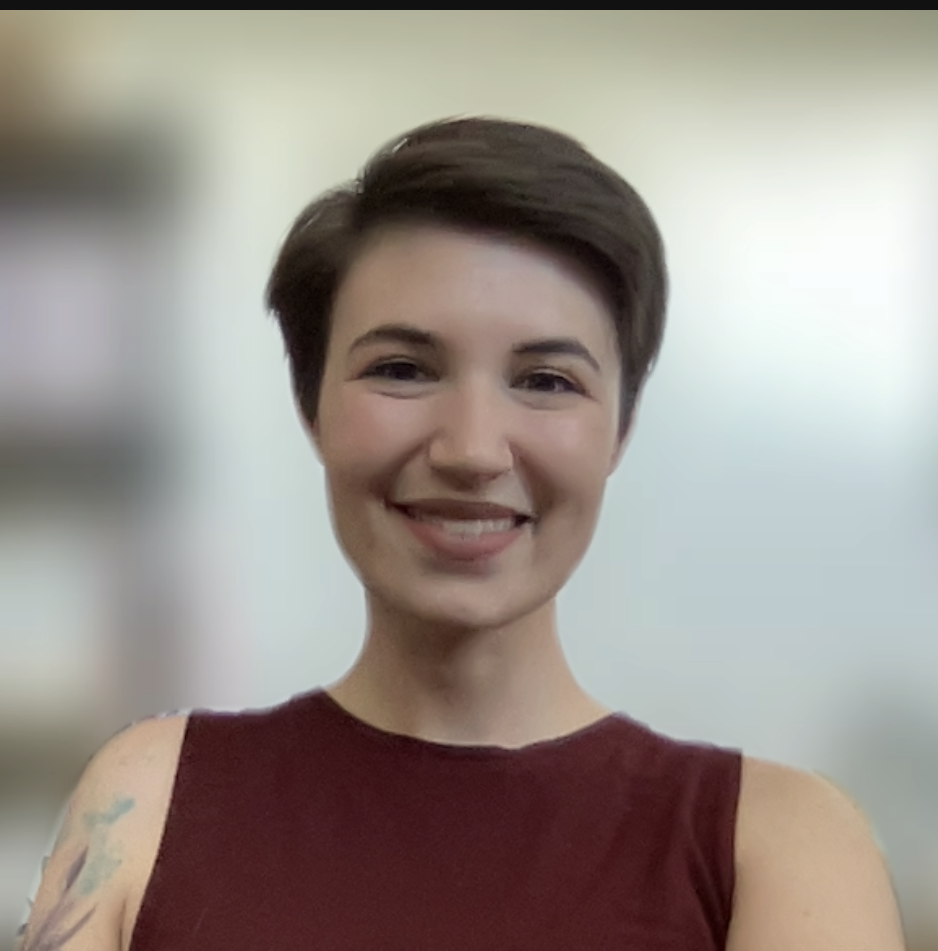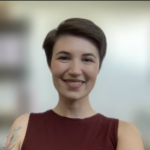
Addressing LGBTQIA+ Suicide Risk through Relational Cultural Therapy
Pricing
Information
Recorded
-
-
Educational Goal
Participants will gain competency in identifying suicide risk in LGBTQIA+ individuals.
Description
Lesbian, gay, bisexual, transgender, queer/questioning, intersex, asexual/aromantic, and other sexual and gender minority (LGBTQIA+) people are at elevated risk of suicidal ideation, suicide attempts, and deaths by suicide compared with cisgender, heterosexual people (Movement Advancement Project, 2017). There are several posited explanations for this disparity, including minority stress (Meyer, 2003), experiences of victimization and violence (Bouris et al., 2016), and low social support (Liu & Mustanski, 2012). All of these proposed explanations share one thing in common: disrupted relationships. The interpersonal theory of suicide (IPTS; Joiner, 2005; Van Orden et al., 2010), which is the preeminent theory of suicide, may better explain the high prevalence of suicide and suicidality in LGBTQIA+ persons. This theory identifies two causal risk factors for suicidal ideation: thwarted belongingness and perceived burdensomeness (Van Orden et al., 2010). This workshop will explore LGBTQIA+ suicide risk through a relational lens informed by the Interpersonal Theory of Suicide, as well as propose interventions to address suicide risk through a Relational Cultural Theory (RCT) lens. Attendees will learn about LGBTQIA+ suicide risk, including unique risk factors, the Interpersonal Theory of Suicide, and how RCT interventions can address suicide risk in LGBTQIA+ clients.
Target Audience
- Counselor
- Marriage & Family Therapist
- Psychologist
- Social Worker
- Substance Use Disorder Professionals
Presenters

Jordan Westcott, MS, NCC is a queer scholar and Ph.D. candidate in Counselor Education at Virginia Tech. Through qualitative and quantitative approaches, Westcott explores structural factors that facilitate and inhibit LGBTQIA+ health equity and the role of counselors in advancing LGBTQIA+ health and wellness through research and practice. She also explores these topics at the intersections of disability and aging. She is currently investigating how barriers to accessing health services impact older sexual minority women with disabilities. Through the Counselor-Advocate-Scholar model (CAS; Ratts & Greenleaf, 2018), Westcott uses her research to advocate on behalf of LGBTQIA+ health and aging. Westcott graduated with her M.S. in Clinical Mental Health Counseling from Northeastern State University in 2018. She will graduate with her Ph.D. in Counselor Education in May 2023.